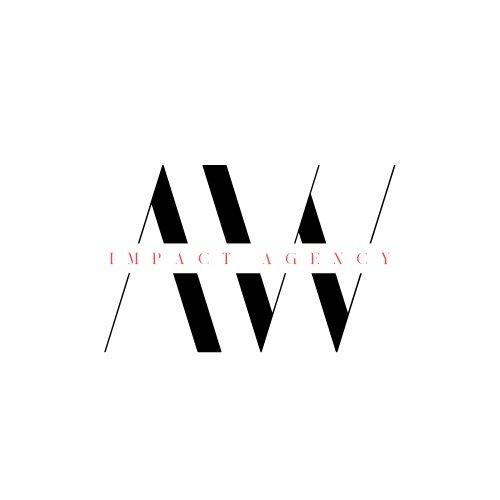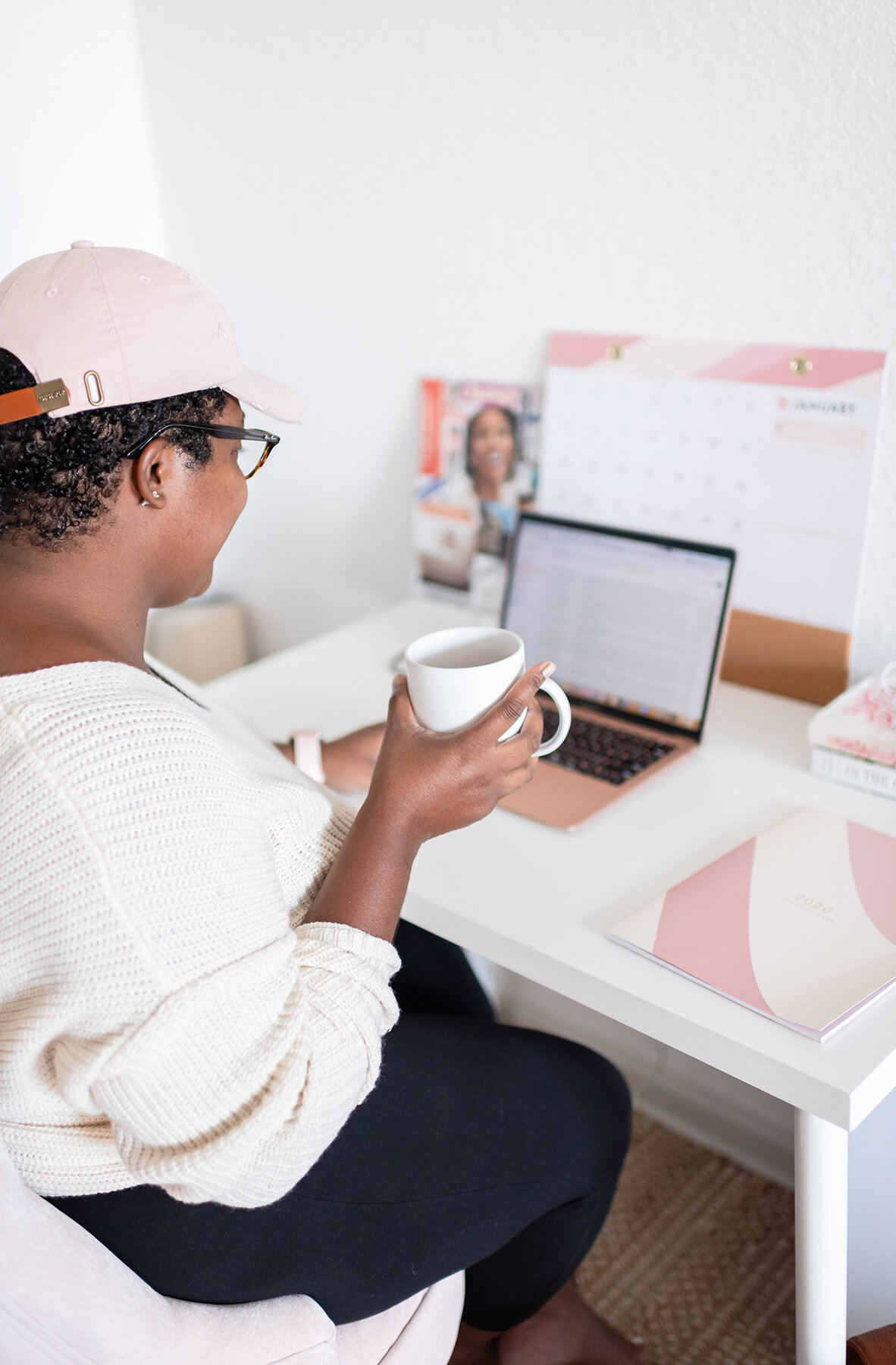Three ways women can get more funding in 2021
We’re cheering for women owned businesses in 2021, and sharing three ways to access funding.
Let’s reverse last year’s trend.
The COVID-19 pandemic in 2020 brought unexpected changes to many industries — but across all of them, women seemed to bear the brunt of those changes. Fields dominated by women experienced greater layoffs, women’s jobs were almost twice as vulnerable as men’s, and — to top it all off — the amount of VC funding women-led companies received took a nosedive.
Of course, it’s not that women were receiving anything close to equal amounts of funding before 2020. In fact, in 2019, women received only 2.8 percent of all VC funding globally, and that was an all-time high. But that percentage had been trending upwards in recent years, before dropping to just 2.3 percent by the end of 2020.
For women entrepreneurs, it’s a worrying sign, but one that reflects the highly engrained, systemic inequalities that exist today.
“Traditionally, a lot of the responsibilities in the home have fallen on women, especially when it comes to childcare and homeschooling,” says Sheena Brady, founder of Founders Fund, a social impact tech company and digital accelerator for under-represented, women-identifying founders. “I think we've seen a lot of women retreat a little bit from their business over the last year. In some cases, unfortunately, they've had to put their plans for raising funds on hold. Because there's a lot of those traditional and systemic barriers that are still very real.”
On top of those systemic inequalities, Brady suspects that many VC firms and investors have also become more conservative in their funding, retreating to patterns that seem familiar — even if they’re inequitable.
“The scarcity mindset that entered with the pandemic has only amplified the lack of resources that women had in the first place,” Brady says. “So it’s no surprise, but it’s incredibly unfortunate, that we’ve seen a drop in funding.”
It’s not the most motivating shift in entrepreneurship in recent years, certainly. But while 2020 may have brought a decrease in funding, it also brought far more awareness to the systemic inequalities that women-identifying and BIPOC founders face, and motivated many to step up and change those statistics.
With that in mind, here’s three ways women can get more funding in 2021.
Explore your existing network
Research has found that high-achieving women see better networking results when they rely on not just a wide network of connections, but also a closer inner circle of other women. Inner circles of fewer women tend to form stronger connections, and they can provide one another with advice and introductions that help build stronger networks overall.
These networks are usually the best place for entrepreneurs to begin their search for funding.
“It may sound obvious, but always seek within your network,” Brady suggests. “Don’t necessarily look for VCs or angels within your immediate network, but see if you know someone who has successfully received funding or raised capital.”
Whether you know someone personally or a friend is willing to connect you, ask a successful fundraising entrepreneur for a few minutes of their time and pick their brain. What was their road like? What barriers did they face? What tips might they have?
“You never know,” Brady says. “Through some of those warm interactions, you might actually get a warm referral to a potential funding opportunity. And that’s incredibly helpful, because we all know warm leads are generally more successful than cold leads.”
Start with your home banks
While it isn’t exactly VC funding, Brady recommends contacting local banks to learn what programs they have in place to support women entrepreneurs.
Since COVID-19 struck in March 2020, many banks have not only made it easier to access funds, but many now operate under a mandate to support women founders. When chatting with her own home bank last year, Brady discovered that they were actively auditing accounts in small business banking to see if they could be upgraded to commercial banking, even if they didn’t necessarily meet all of the banks’ requirements.
“They were basically incubating them into a commercial business,” Brady says. “Obviously, with that comes higher lines of credit, higher credit card limits, and lower interest rates. You'd be surprised what you might find if you have some really good, deep conversations with a good account manager.”
Take advantage of new networks, grants, and organizations
And don’t forget your favourite warm bevvies. We do a lot of caffeine over here. A lot.
“While I've encouraged exploring more traditional routes, like venture capital, it’s also important to look at more out-of-the-box options when it comes to funding,” Brady says. “We're seeing this sudden, incredible surge of grant and accessible capital for women — and particularly women of color.”
Women entrepreneurs can start by exploring resources such as IFundWomen (a two-sided funding marketplace for women-owned businesses and investors who would like to fund them), SheEO (a network of women investing in and supporting other women-owned businesses), and her own Founders Fund (a digital growth accelerator and fund for women-owned businesses).
“Looking at the data, we know women don't have nearly as much experience as men with the language and lingo and connections involved in raising capital, and models like SheEO really break that down in their application process,” Brady says. “When you do that, you're inviting a very intersectional, diverse group of women to apply for and receive funding.”
Brady also recommends joining (virtual) networking opportunities, such as Clubhouse, an audio-only social network.
“I am continuously blown away by the type of people that all of a sudden you can have access to because of Clubhouse,” Brady says. “There are all kinds of rooms where you can pitch your business and you'll get direct feedback from very successful, established angels and VC firms. It can be game changing for people who struggle to access capital traditionally.”
© Angela Wallace Impact Agency
Authored by content co-conspirator Kenza Moller: professional story-telling for impact-oriented companies, agencies, and thought leaders.








